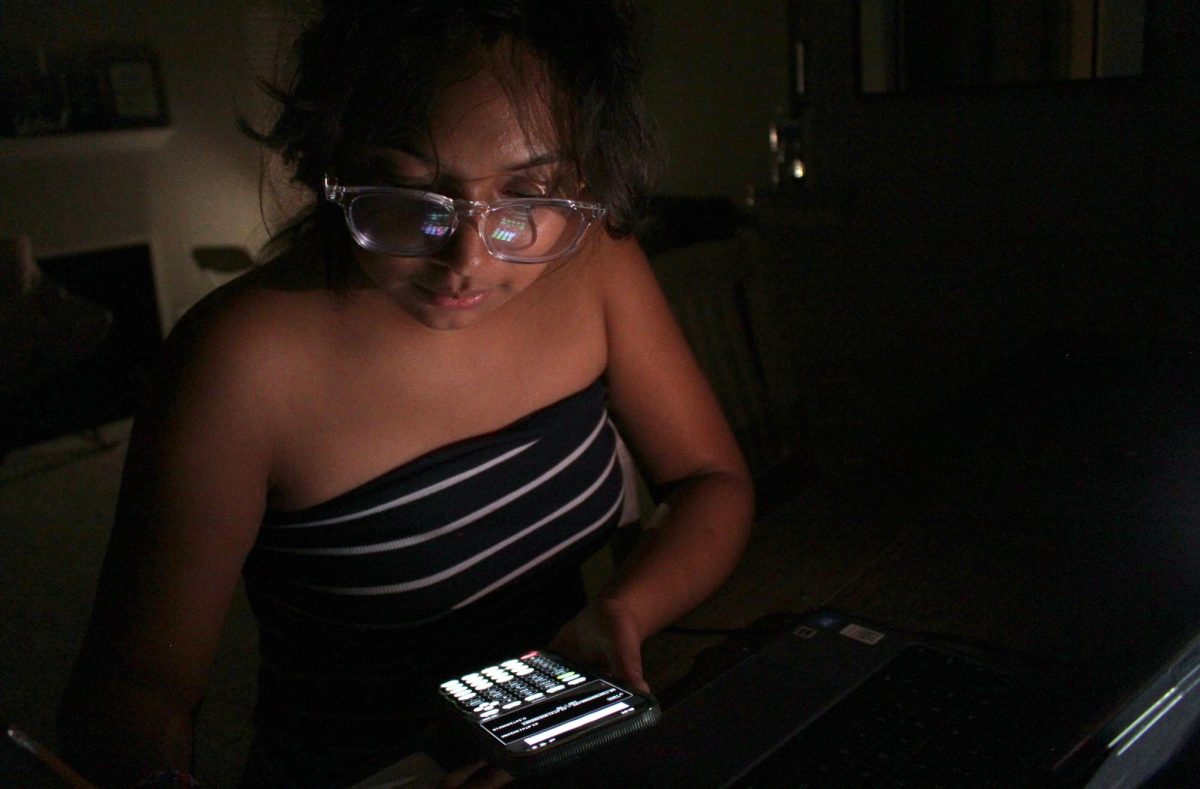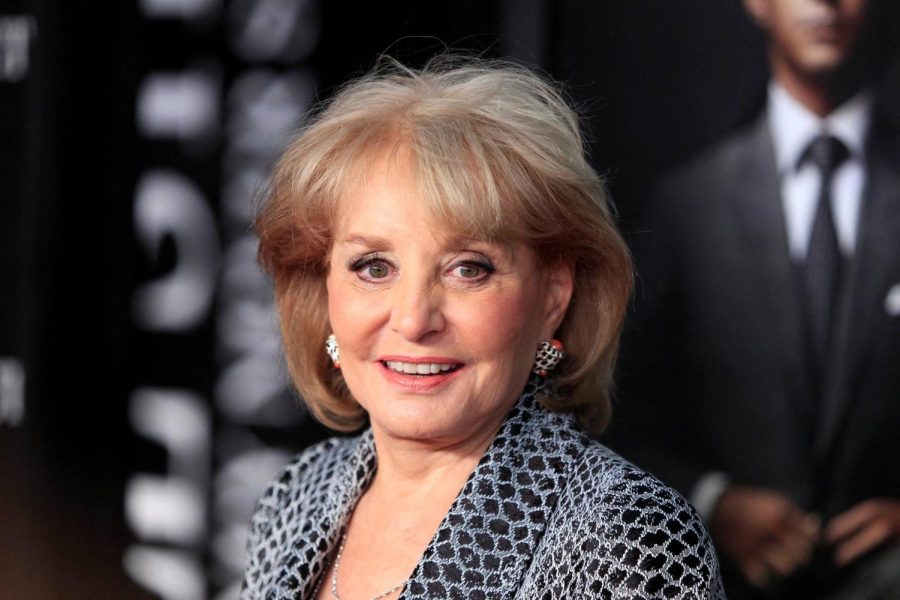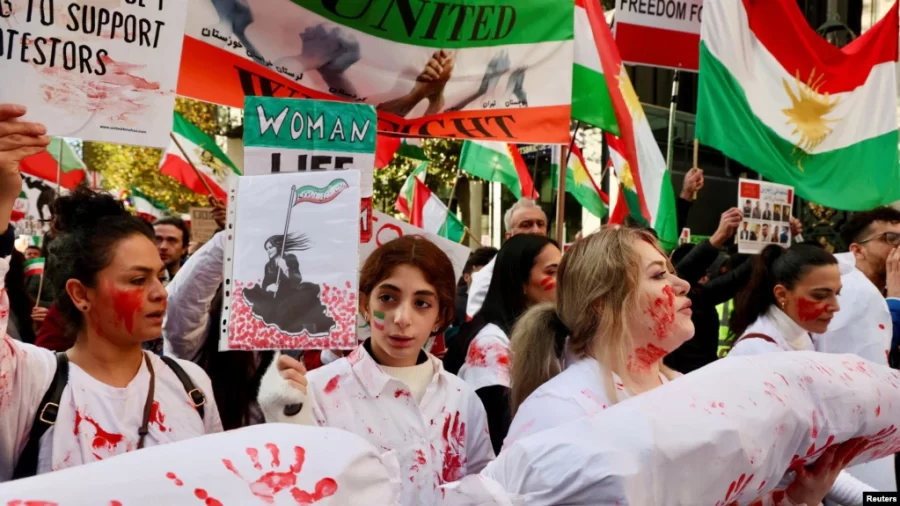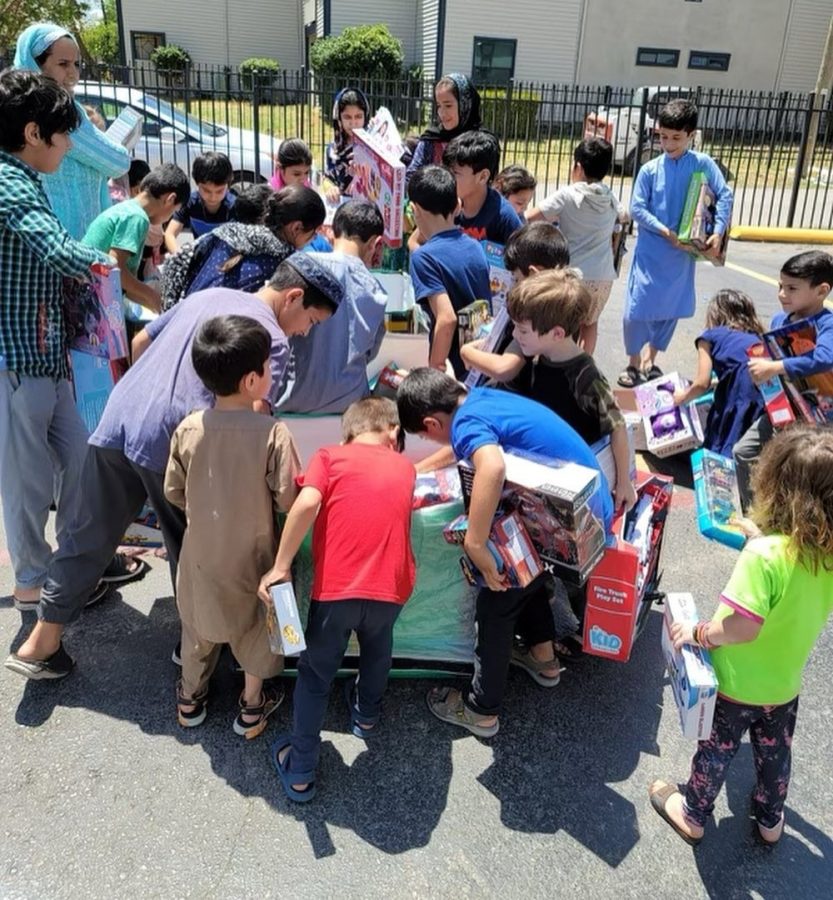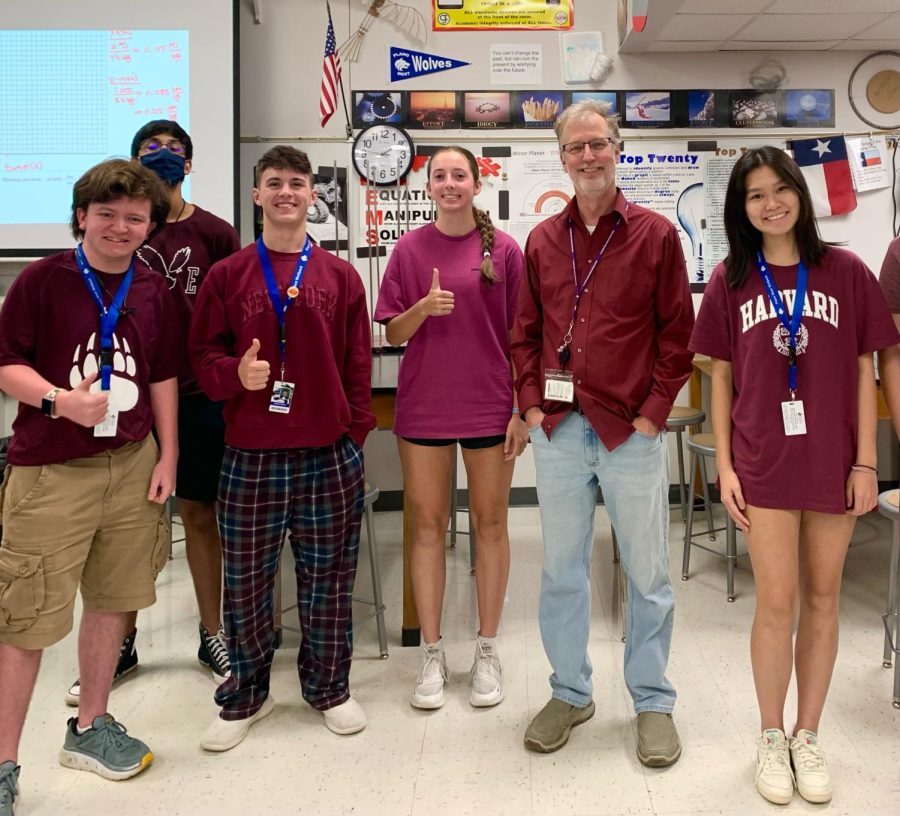In 2008, twenty-two million young Americans under the age of 30 showed up at the polls to cast their vote for the next president of the United States. It was the third highest youth turnout in the nation’s history.
“It was exciting,” junior Kiera Geils said. “You could participate in a historic milestone and vote for the first African American president,”
In fact, 66 percent of voters aged 18-29 supported Barack Obama, moved by his message of hope, change, and post-partisanship.
As November 6th approaches, the question is whether President Obama or even candidate Mitt Romney can rekindle the excitement of 2008 that drew younger voters to the polls in such high numbers. A poll conducted by Tuft University’s Center for Information and Research found that younger voters favor Obama to Romney by a 55%- 42% margin, but these numbers will not mean much if voter turnout is low: according to a Gallup Poll, only 58% of young voters say they will “definitely vote” in the upcoming elections—compared to 78% during the same time period in 2008.
Young voters are now the least likely to vote out of any age bracket.
“There is not as much enthusiasm this year,” junior Sara Harpole said. “Young people assume that Obama will be re-elected without a doubt.” Harpole, who is a libertarian, said she sees Ron Paul as the best alternative to either candidate.
As the government attempts to rein in spending and balance its budget, programs that are important to young voters and college students are on the chopping block. At the same time, both candidates are trying to appeal to college students and recreate the enthusiasm of 2008 by scheduling campaign stops at universities across the country.
“I think that Obama is the candidate most in touch with the needs of students coming out of college and looking for jobs,” junior Catherine Khamnouane said.
“Obama has kept student loan interest rates low and has supported Pell Grants for low-income students. These are the kinds of policies that will invest in our future and help our society flourish as more Americans achieve their full potential. I can’t agree with Romney, who says that citizens should only have as much college as they can pay for.”
Khamnouane, who is not old enough to vote this November, said that she would want to vote in an election because she believes that is the best way her opinion can be represented.
“We can’t complain that the government is out of touch with us if we don’t participate in choosing our elected officials,” Khamnouane said.
Junior Katie Stone is not as sure that her vote counts.
“Whoever I vote for will do what they think is right for the country, but they can’t make everything perfect,” Stone said.
“I really don’t pay that much attention to politics, so I wouldn’t want to vote just for the sake of voting,”
Voting in and of itself is certainly not the only part of an election.
“Getting yourself and others educated on the issues and facts is what will really make change,” senior Dan Rosenfield said. “Voting is just one piece of the puzzle.”



